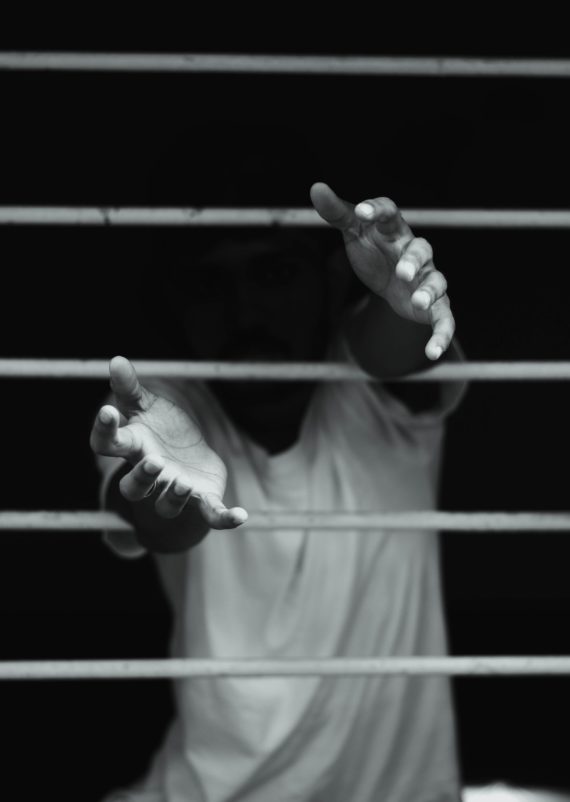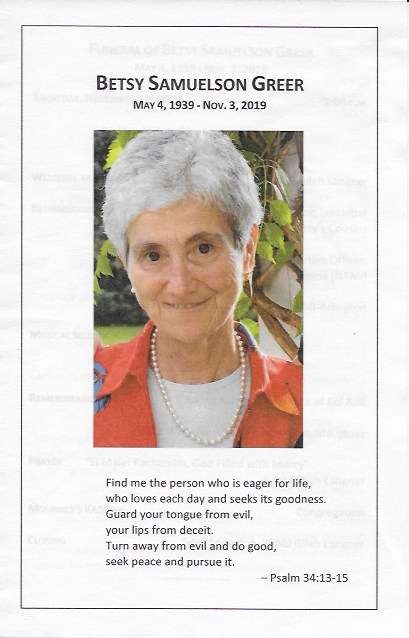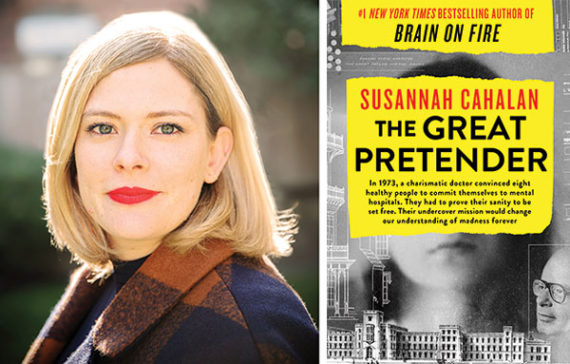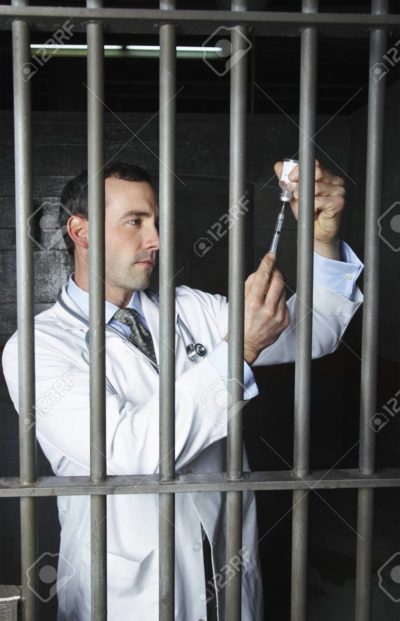Imamu Baraka came to the aide of a woman discharged on Jan. 9 from a Baltimore hospital wearing only a gown and socks. Baraka recorded video of the incident. (Facebook.com/imamu.baraka)
(12-3-19) Nothing illustrates “patient dumping” better than the viral video of 22-year-old Rebecca Hall being tossed out of the University of Maryland Medical Center into the freezing cold in January 2018 wearing little more than a hospital gown.
Delayed and Deteriorating: Serious Mental Illness and Psychiatric Boarding in Emergency Departments, a recent study released by the Treatment Advocacy Center, warns that Americans who visit emergency rooms with psychiatric problems have a higher rate of being dumped or being “boarded” than those without mental illnesses.
Psychiatric boarding is defined differently but most hospital administrators say having to wait six hours or more after being diagnosed in an emergency room awaiting treatment constitutes “boarding.” A 2016 survey by the American College of Emergency Physicians, found that more than 90% of emergency physicians say psychiatric patients board in their emergency room.
The average emergency room wait in Georgia for psychiatric patients requiring an inpatient bed is a whopping 34 hours, according to the TAC study authored by Elizabeth Sinclair Hancq, Jessica Walthall and John Snook. Psychiatric patients who required admission to a hospital or transfer to a bed in a psychiatric facility in Massachusetts waited in emergency rooms from 16.5 to 21.5 hours compared to 3.9 hours to 4.2 hours for medical or surgical patients needing beds.







